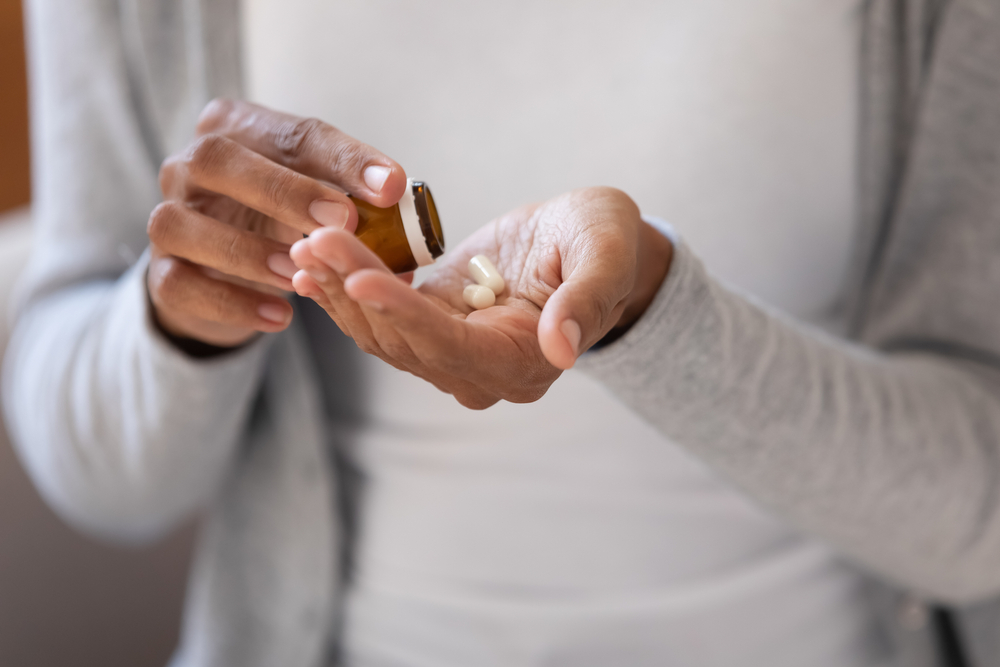You often don’t think it’s a problem when you sneak off to your pantry for the third time in twenty minutes, and take your fourth wrap of chocolate, sticking it on your tongue and waiting for it to melt. Even though you’ve told yourself incessantly that it’s time to give up sugar, you know that the next trip to the grocery center will involve ice-cream, cookies, and an extra pack of sweets, just because! When it comes to our addictions; whether it’s food, wine—maybe even to play, sex; we tend to be gracious with ourselves, or outrightly say we are not addicted. Our excuses are logical, too. We tell ourselves that we are doing brain work so we need that sugar high, we need a release from work stress so why not explore sex with a stranger; we’ve been edging towards depression, so we binge eat the foods we’ve sworn off. Of course, when we hear that a person is high on cocaine, we turn our noses up and scoff at them. #Sigh.
See, this post is not about food, or sex, or wine. It’s not even about you standing under the glow of your kitchen fluorescent, biting down on another chocolate bar. It’s about the double standards we have with other people who have experiences they are not able to resist. It’s about learning to be more objective, more empathetic. And most importantly, it’s about admitting that in our age of hyper-consumerism, we are all addicts, itching through withdrawal symptoms and desperately seeking the next high. whether its heroine or sugar or weed or sex or food or soft porn, or wine, or the need to be liked. We all have these unspoken but layered compulsions that define how we cope and practice joy.
If we are all addicts one way or another, it means we all need help, right? You, chasing the high of public validation through passive-aggressive competitiveness, to the next person simply looking for a drug fix. It’s a kind of fragmentation of the mind, a mental illness. But we don’t like to see it that way. We prefer to think people who need mental help are those roaming the streets, sounding incomprehensible. Still, we all need therapy, maybe even medication, so long as treatment does not become another addiction. And importantly, we need to be able to objectively sit with ourselves and ask: what is the source of this need?
Yes, this is where our healing begins. An addiction to a need, it seems, is usually secondary, merely a physical outlet or symptom. The real malady is usually more hidden. For instance, a compulsive return to careless sex might signal a much deeper need. The inability to stop binging on junk food might signal another need. Our struggles are not always as apparent as we think. So, ask yourself, what is the actual hunger beneath this compulsion, or more specifically, what pain/dullness am I trying to escape.
As humans, we are creatures of habit. But habits are not necessarily arbitrary actions randomly picked from a magazine. There’s a reason why a person might obsessively shop not go near a cigarette. It may be money issues underlying the fear of not having enough. What about food? What if it’s not sugar that we crave but comfort, but a sense of fullness and abundance in our own lives? So, in the spirit of mental health day, I urge you to practice a little introspection. Like motivational speakers tend to say, what you cannot resist has control over you. If there’s any area of your life you struggle with practicing moderation, then it’s time to ask for help.
